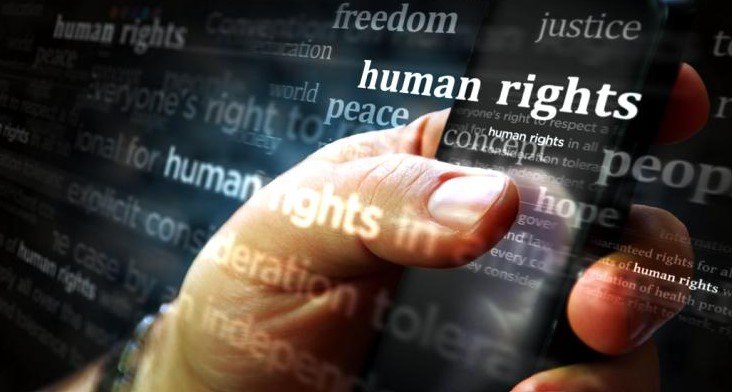Human rights play a crucial role in shaping political agendas, guiding policies that promote justice, equality, and dignity for all individuals. Politicians who prioritize human rights ensure the protection of basic freedoms, foster social harmony, and strengthen democratic institutions. In modern governance, the importance of human rights in political agendas cannot be overstated.

Human Rights Ensure Equality and Justice
Human rights emphasize equality, advocating for the fair treatment of all individuals regardless of their background, race, gender, or socioeconomic status. By prioritizing these rights in political agendas, leaders ensure that laws and policies promote justice for everyone. Political systems rooted in human rights principles work toward ending discrimination, ensuring that no one is left behind.
Equality fosters a more inclusive society where individuals feel valued and respected. Politicians who focus on human rights push for reforms that guarantee access to education, healthcare, and justice for marginalized communities. This commitment to equality ultimately strengthens the social fabric and reduces the risk of conflict and social unrest.
Strengthening Democratic Institutions
When human rights become central to political agendas, democratic institutions gain strength. Human rights create accountability, ensuring that governments act in the best interests of their citizens. Leaders who respect and promote human rights encourage transparency and participation in the political process, empowering individuals to engage actively in governance.
A political agenda that emphasizes human rights also protects freedom of speech, assembly, and press. These freedoms enable people to hold governments accountable and participate in meaningful debates on important issues. When human rights are protected, societies can experience growth and stability, as open dialogue and participation lead to more effective governance.
Promoting Social Harmony
Political agendas centered on human rights foster social harmony by addressing inequalities and promoting unity. When political leaders advocate for human rights, they encourage tolerance and understanding among different groups in society. By protecting minority rights, human rights-centered policies prevent marginalization and discrimination, creating a more cohesive society.
Moreover, human rights contribute to peace and stability by reducing tensions caused by social, economic, and political disparities. Politicians who advocate for these rights work to eliminate practices such as police brutality, censorship, and unjust imprisonment. By protecting individuals from harm and ensuring equal opportunities, human rights policies pave the way for lasting peace.
Upholding International Standards
Human rights have become a key component of international law, with nations worldwide committing to upholding these standards. By including human rights in political agendas, governments ensure that they align with global norms and values. International treaties, such as the Universal Declaration of Human Rights, serve as a framework that guides domestic policies.
Political leaders who prioritize human rights demonstrate their commitment to global cooperation and peacebuilding. Upholding these standards can enhance a nation’s standing in the international community and foster positive diplomatic relations. Governments that violate human rights, however, risk sanctions and isolation, damaging their global reputation and economic prospects.
Economic Growth and Human Rights
Incorporating human rights into political agendas can also have positive economic effects. Societies that respect human rights often experience greater stability and economic growth. When people have access to healthcare, education, and fair wages, they contribute more productively to the economy. Human rights policies that address poverty and inequality can lead to a more equitable distribution of resources, reducing the wealth gap and enhancing overall prosperity.
Political leaders who focus on human rights also foster environments where businesses can thrive. Respect for workers’ rights, anti-discrimination policies, and fair labor practices contribute to a more motivated workforce and create a business climate attractive to investors.
Conclusion
Human rights are essential to political agendas as they ensure equality, strengthen democratic institutions, promote social harmony, and support economic growth. Governments that prioritize human rights not only uphold international standards but also create a more just and stable society. Politicians must continue to advocate for human rights, as doing so is fundamental to building a fairer and more prosperous world.